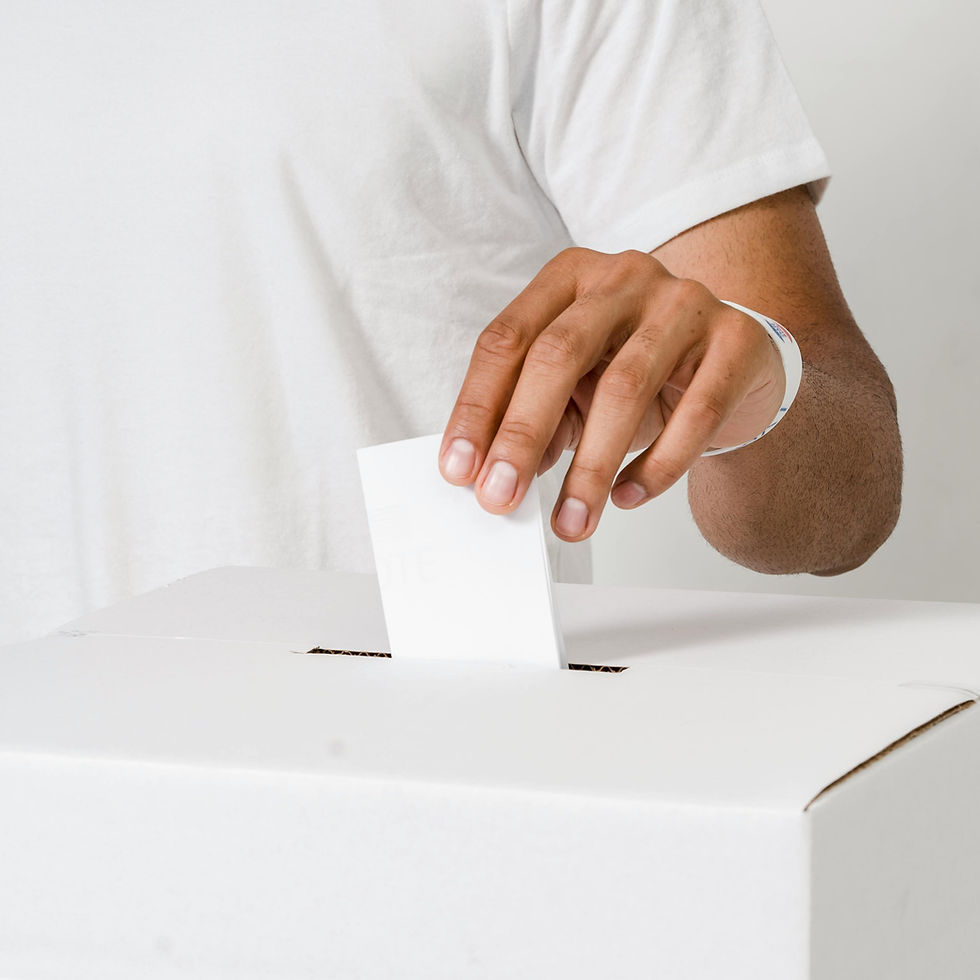A look at Limited Company Expenses #6 :(Inc. Sole Traders) - The "Big List"
- Greenline Accountants
- Nov 2, 2021
- 2 min read
To finish off our series on "Limited Company Expenses", we decided to go back to basics with a recap of some of the main expenses allowable by HMRC to offset against profit. Many of these are equally applicable to sole traders.
The list is not exhaustive and remember HMRC's rule of the expense being incurred solely and exclusively for business use - otherwise the expense may have to be apportioned, or disallowed entirely.
As always, these articles are for information only and do not constitute formal advice - should you wish for detailed, specific guidance, please contact us directly to discuss your circumstances.
Examples of Revenue Expenses (operational expenses or expenses incurred for short periods)
Wages, salaries and related staff costs
Salaries, bonuses, pensions, benefits for employees
Employer’s National Insurance Contribution (NICs)
Agency fees
Insurance, rent, rates and power
Rent costs for the business premises
Business rates
Water rates
Light
Heat
Power
Property insurance
Security
Maintenance and repairs to equipment and property
Repairs and maintenance of business equipment and property – buying, improving or altering a property is not included (see Capital Expenses)
Cleaning
Workwear and uniform
Car, van and travel
Car and van insurance if the vehicle is an asset of the business
Repairs, servicing and fuel
Hire charges
Vehicle license fees
Train, bus, air and taxi fares (excluding travel to and from home to a permanent place of work)
Hotel accommodation when on business trips
Meals for over night business trips
Inoculations for overseas travel
Visas for business travel
Advertising and marketing
Advertising in print media
Paid listing in directories
Website costs (hosting)
Mailshots
Online advertising and paid ads
Television and Radio Advertising
Paid promotion and sponsorship
Other office running costs
Telephone (landline and mobile)
Mobile phone
Broadband
Stationery
Printing
Postage
IT software
Some small office equipment
Professional fees
Fees for solicitors, accountants, surveyors, architects and other professionals
Professional indemnity insurance premiums
Banking and other financial charges
Bank, overdraft and credit card fees
Hire purchase interest and leasing payments
Alternative finance payments
What expenses are not allowable?
As mentioned, some revenue expenses may be disallowed entirely as deductions against profit as they are either used to derive personal benefit too, or are not relevant in terms of tax reliefs which. For example -
Business entertainment
The repayment of loans taken out personally to help run the business
The depreciation of assets
Drawings including payments for tax and NI
Fines and costs such as car parking fines, if incurred by proprietors or directors
Charitable donations, including subscriptions, with the exception of small charities
Political donations
Capital Expenditure
Expenditure on assets that are likely to have a lasting benefits, which we often define as more than a year are known as capital expenses. Capital expenses will not generally appear as a straight deduction in the P&L, but are often written down over several years, in order to match a little of the expense over the entirety of the assets working life. The written down percentage can vary depending on the asset, and indeed in some cases a 100% deduction is allowed in the first year (see plant and machinery under Annual Investment Allowance here), or even a 130% deduction (see "Super deduction" in the same article).
Capital Expenditure includes but is not limited to
Plant & Machinery
IT and digital Equipment
Office Furniture, fixtures and fittings
Vehicles
Buildings
Software
Intangible Assets such as Patents/Trademarks
Again this is just a rough starting guide and if you have specific queries about whether a potential expense would be tax deductible or not, then please do not hesitate to get in touch.




Comments